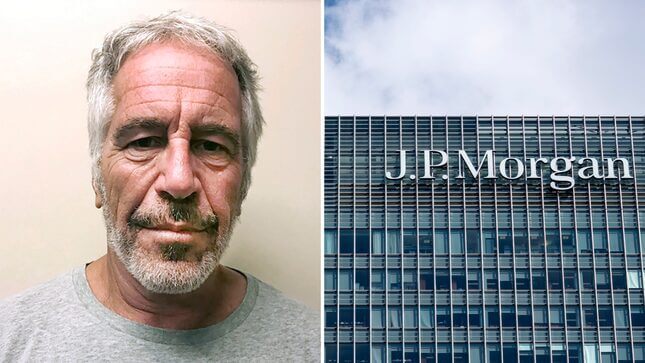JP Morgan Settles Epstein Lawsuit With U.S. Virgin Islands for $115 Million Less Than Demanded
Just weeks before a trial was set to begin, the bank opted for a payout that’s significantly less than what the territory originally demanded.
JusticePolitics

On Tuesday, JPMorgan Chase agreed to settle with the U.S. Virgin Islands (USVI) for $75 million in a lawsuit in which the latter alleged the nation’s largest bank was liable for enabling sex trafficking committed by its former client, Jeffrey Epstein.
The legal back-and-forth between JPMorgan Chase and the Virgin Islands began in December 2022, when the territory (and the site of several of Epstein’s crimes) filed a suit against the bank claiming that an investigation showed it was “indispensable to the operation and concealment of the Epstein trafficking enterprise.” At the time, the Virgin Islands sought $190 million—$115 million less than what it ultimately received—from the bank. JPMorgan Chase vehemently denied accountability and flipped the accusation, calling the Virgin Islands “complicit” in Epstein’s criminal activity.
“For two decades, and for long after JPMC exited Epstein as a client, the entity that most directly failed to protect public safety and most actively facilitated and benefited from Epstein’s continued criminal activity was the plaintiff in this case—the USVI government itself,” the bank said in a court filing.
This settlement arrives months after JPMorgan settled with scores of survivors of the deceased pedophile and convicted sex offender for a total of $290 million, though it didn’t admit liability.
-

-

-

-

-

-

-

-

-

-

-

-

-

-

-

-

-

-

-

-

-

-

-

-

-

-

-

-

-

-

-

-

-

-

-

-

-

-

-

-








































